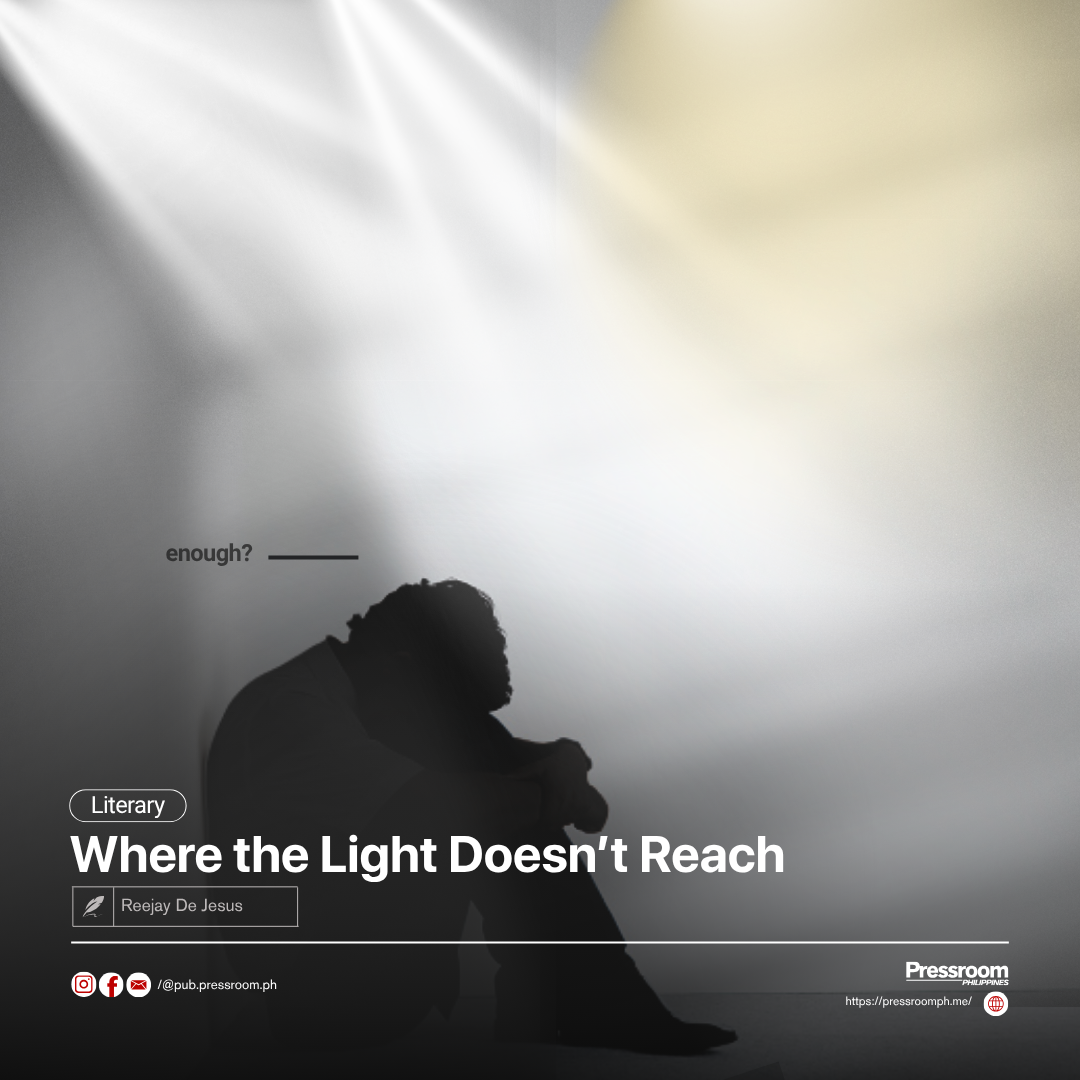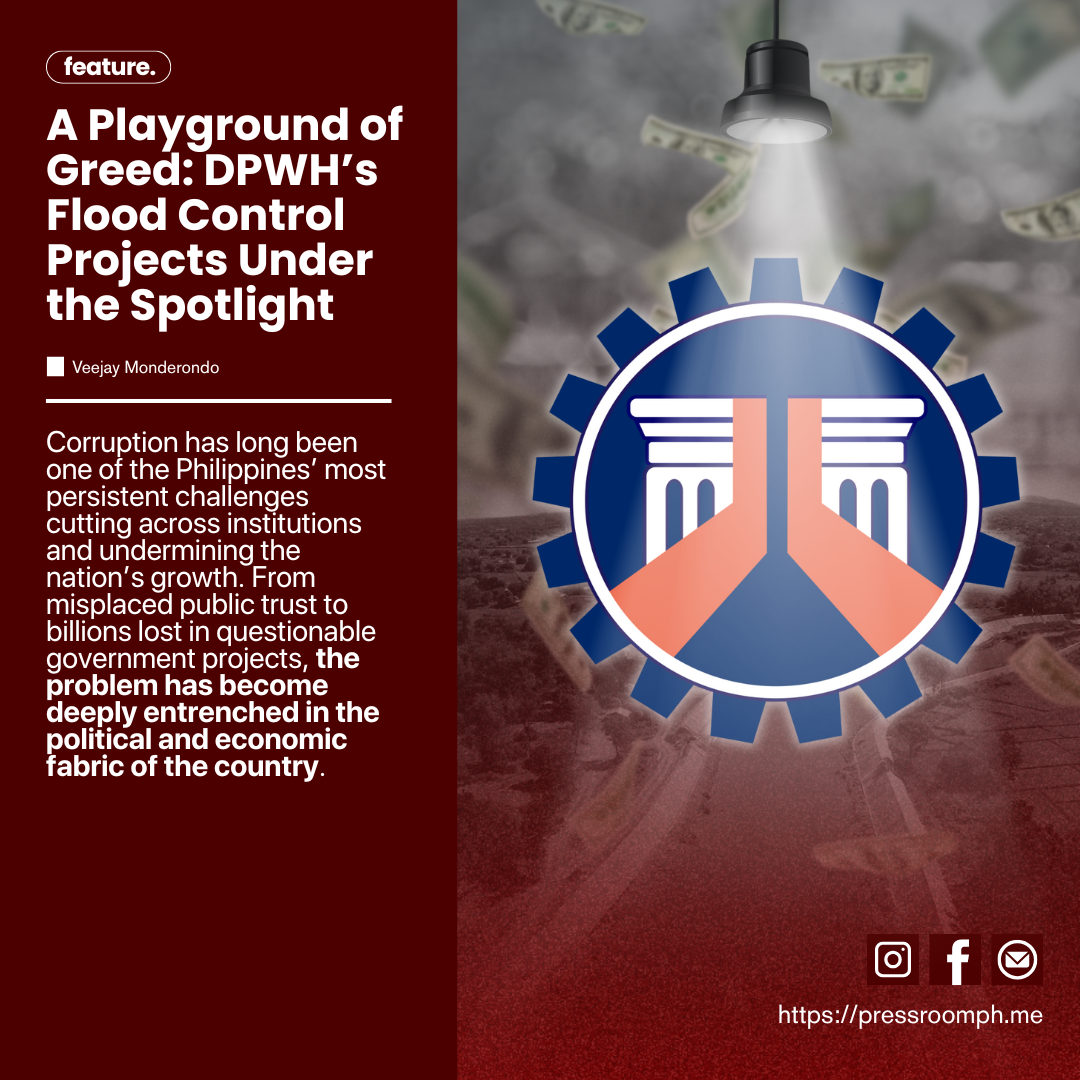𝘃𝗶𝗮 𝗟𝘂𝗶𝘀 𝗧𝗶𝗺𝗼𝘁𝗵𝘆 𝗡. 𝗕𝗶𝘁𝗼-𝗼𝗻, 𝗣𝗿𝗲𝘀𝘀𝗿𝗼𝗼𝗺 𝗣𝗛
In a world where the line between tradition and modernity often blurs, Filipino American composer and percussionist Susie Ibarra has successfully woven them together in her groundbreaking work, Sky Islands. Recently awarded the 2025 Pulitzer Prize for Music, Sky Islands is not just a symphonic masterpiece—it is an ode to the biodiversity of the Philippines, a call for environmental action, and a bridge between ancestral knowledge and contemporary artistry.
Premiered on July 18, 2024, at the Asia Society in New York, Sky Islands takes its name from the highland rainforests of Luzon, where rich ecosystems thrive. These "sky islands" are home to rare species of plants, animals, and unique indigenous cultures, making them a perfect inspiration for Ibarra’s avant-garde composition. Through this work, she elevates the natural landscapes of the Philippines into a sonic experience, reimagining the boundaries of contemporary music while invoking the power of place and nature.
Drawing from the soundscapes of Luzon’s remote rainforests, Ibarra’s composition is an immersive journey that blends intricate percussion with electronic elements, creating a multi-layered, textured sound. It’s a sonic representation of the vibrant ecosystems in the mountains, where diverse species live in harmony—and in delicate balance. Sky Islands is a reminder of what is at stake as environmental threats loom large over these fragile habitats.
Ibarra, in a recent conversation with Ara Guzelimian at the Ojai Talks, spoke passionately about the role of biodiversity in her work. “The ecosystems of the Philippines are not just ecological wonders; they are integral to cultural and ancestral legacies,” Ibarra said. “The sounds and stories of these landscapes deeply informed my creative process. As we face rapid environmental change, this piece became a way for me to honor these landscapes, but also to ask: How do we protect them?”
It’s this intersection of artistry and activism that makes Sky Islands so powerful. For Ibarra, the act of creating music has always been deeply connected to her personal and cultural roots. As a Filipino American, her work reflects her heritage, and she has long used her platform to explore themes of sustainability and environmental consciousness. Sky Islandsamplifies her message of urgent action, reminding listeners that the protection of biodiversity is intertwined with the preservation of cultural identity.
In addition to its environmental message, Sky Islands also challenges listeners to reconsider their relationship to sound. Ibarra’s work invites the audience to listen in a new way—attuning themselves to the rhythms of nature, to the pulse of ecosystems that have long existed beyond human intervention. The piece’s intricate textures and layered percussion evoke a sense of wonder and awe at the complexity of nature, while simultaneously calling for its preservation.
Ibarra’s win of the 2025 Pulitzer Prize for Music brings much-needed attention to the importance of both cultural heritage and environmental responsibility. As the world faces growing climate challenges, Sky Islands offers a timely reminder of how deeply interconnected art, culture, and nature truly are. For Ibarra, it’s not just about crafting beautiful music; it’s about using art as a force for awareness and change.
In a world where the future of our natural landscapes hangs in the balance, Ibarra’s Sky Islands is more than just a musical work. It is a call to action, a celebration of what remains, and a plea for the protection of what is still at risk. Through this groundbreaking composition, Susie Ibarra invites us all to listen, reflect, and act.






